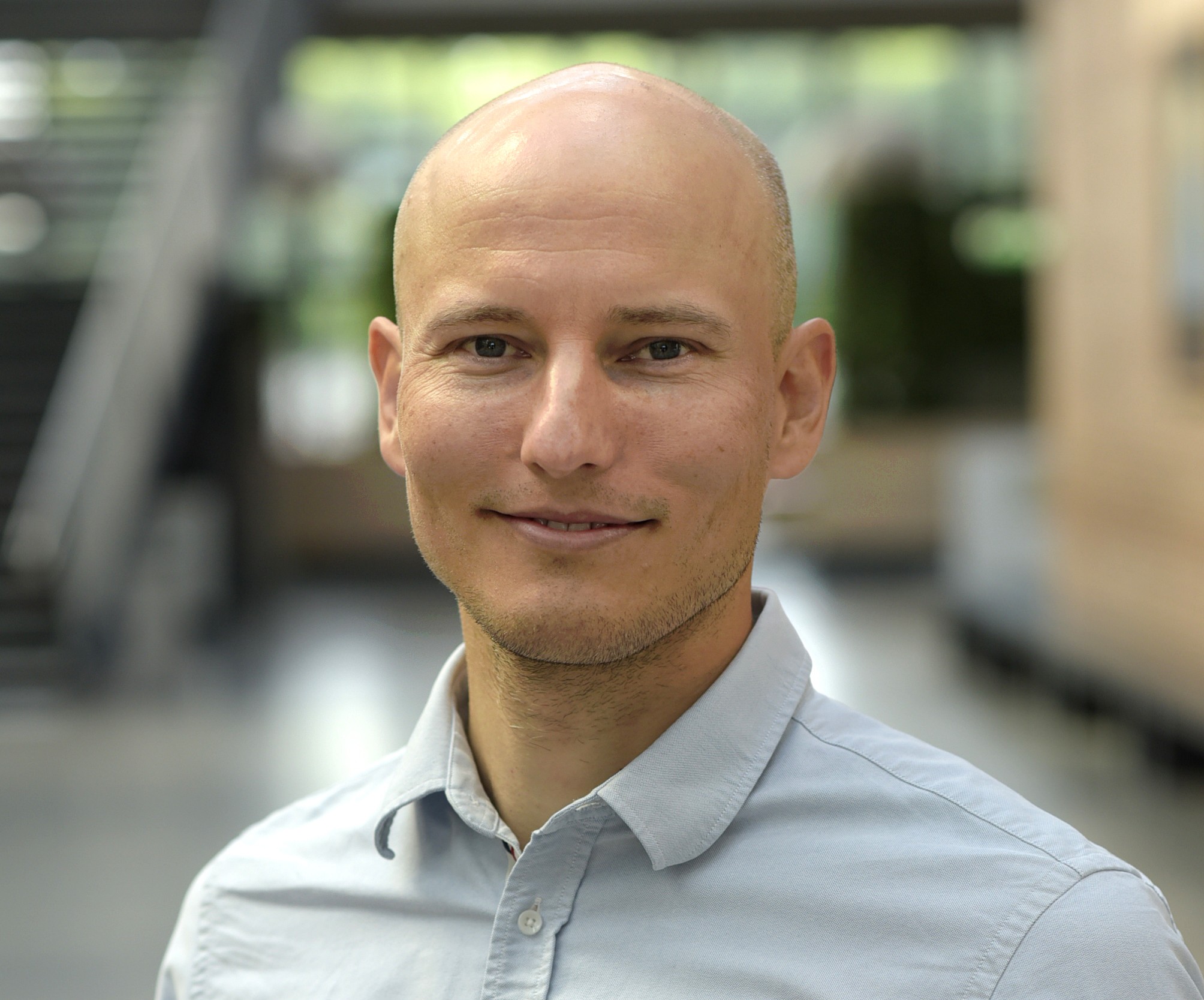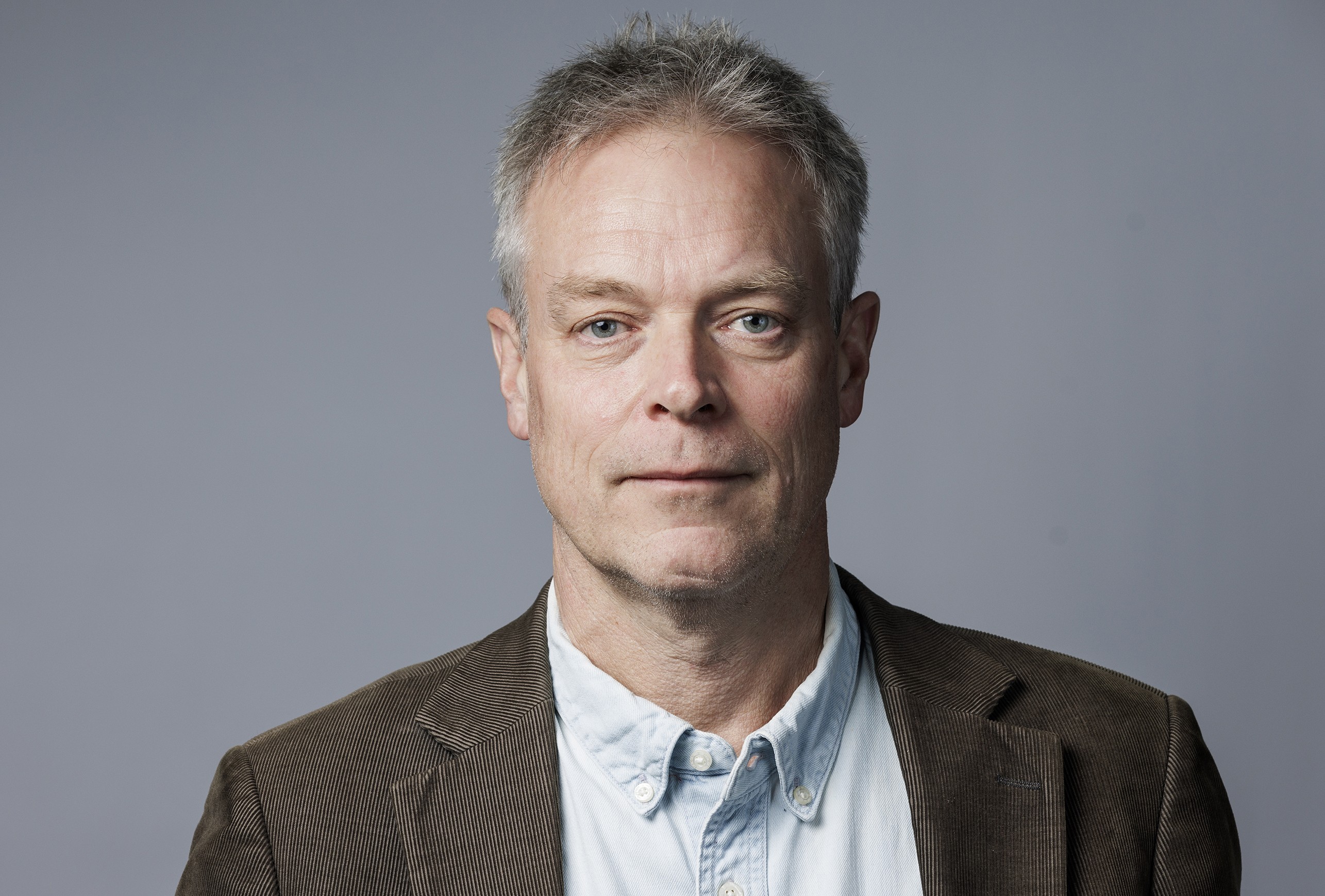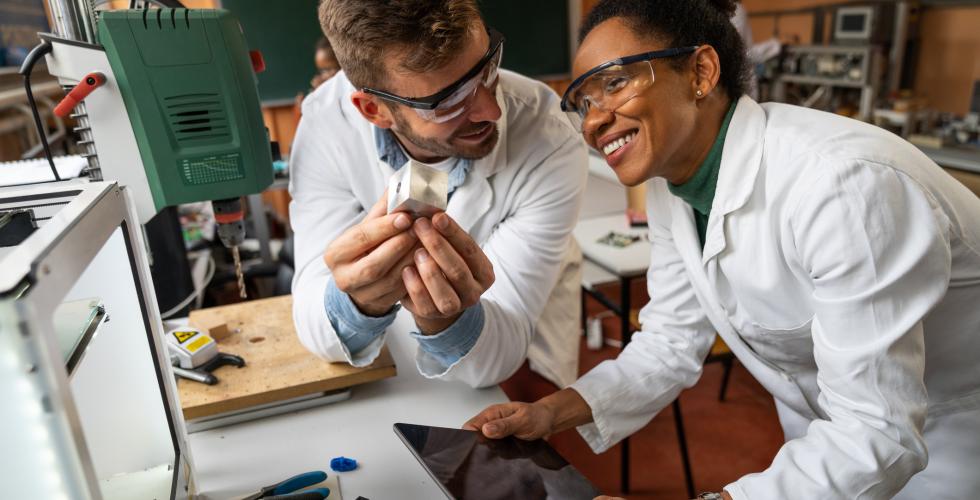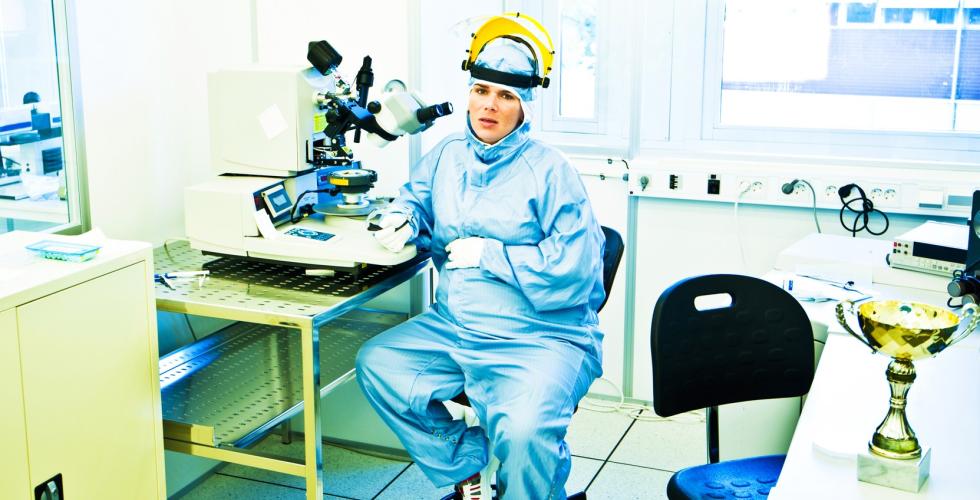Bullying and harassment driving PhD supervisor changes
This is particularly prevalent among foreign PhD candidates, according to interviews with more than 100 PhD candidates.
The PhD candidates say, among other things:
“I was afraid of what my main supervisor would do, because they had told me that they had many contacts in the field and that they could make my life difficult.”
“On the third day [as a new employee], I would say that [my supervisor] threatened me. They said something along the lines of: ‘OK, if this is the speed you’re going to work at, then we’re going to send you back to your home country’.”
“Then [the supervisor] actually shouted stuff like you’re too stupid and you won’t be able to get that doctorate. It’s going to take you a lot longer than everyone else. You’re useless. Nobody here likes you.”
“I have been closely involved in this relationship in several roles – both as a lecturer in supervision theory and practice, as a doctoral candidate and as a supervisor – and I’ve had many thoughts I wanted to explore”, says Johan Kristian Andreasen, associate professor at the University of Agder.
“One important premise for the findings in this study is that I have only interviewed PhD candidates who have changed supervisors during their doctoral work. This thus excludes candidates who are satisfied or who complete their doctorate with the same supervisor”, explains Andreasen, who conducted the interviews and analysis.
Andreasen says that little research has been done in the field and that he was curious to investigate the relationship between supervisor and PhD candidate more closely. (See the fact box.)

Surprising and serious findings
“Were you surprised by what you found?”
“What surprised me the most was just how many people shared serious and distressing experiences. We are talking about bullying and harassment in what is an already skewed power dynamic”, says Andreasen.
The project is based on interviews with 106 PhD candidates, all of whom have changed supervisors during the doctoral degree programme. Recruitment took place via special interest organisations, including the Norwegian Association of Researchers.
“The response exceeded our expectations. I ended up with more material than I strictly needed, and many people got in touch that I didn’t get to interview.”
Andreasen believes this suggests that many of those who have experienced challenging supervisory relationships feel a need to talk about it.
“Afraid to speak openly”
The interviewed PhD candidates come from 20 academic institutions in Norway. They represent many fields, although the social sciences, medicine and health sciences are over-represented.
“The participants were at different stages of their PhD programmes – most were still PhD candidates, but some had completed their PhD and a few had left their programme.”
The interviews were conducted one-on-one, mainly online, according to Andreasen.
“Regardless of what stage they were at in the PhD programme, many were afraid to speak openly and they were concerned about their anonymity”, says Andreasen.
“Why do you think that is?”
“Probably because of the power structures in academia. Supervisors often have a higher position and a wider network. Many of them said they were afraid to speak up, as they were worried about the impact it could have on their PhD and future career.”
“Several of them had also experienced harassment and bullying over time by their supervisors, which had led to mental and physical challenges”, he says.
Shame and stress and an unclear process
Although it is not uncommon to change supervisors, it is often done behind closed doors. Changing supervisor should be straightforward, but the way the rules are practised varies from institution to institution, and often within the different academic communities – and the rules are unclear, according to Andreasen.
“The lack of clarity and transparency means that the process of terminating a supervisory relationship and changing to a new one takes far longer than necessary. Many people feel a sense of shame and stress during this period”, he says.
“The shame often stems from management siding with supervisors during conflicts, and from PhD candidates feeling they’re harming their supervisor’s career – something that can brand them a troublemaker”, says Andreasen.
“This is strange, especially since some supervisors have multiple cases of PhD candidates raising concerns”, he says.
Vulnerable groups: Foreign PhD candidates and women
Although Andreasen did not divide the PhD candidates into groups based on gender or background, it became clear that foreign PhD candidates are particularly vulnerable.
“Around 30 per cent of the people I interviewed came from other countries. Many experience deep uncertainty – both about the system and the culture in Norway.”
Many come from countries where trade unions and rights don’t work in practice, and they're afraid of failing – not least because they fear it could jeopardise their residence permit, Andreasen explains.
“Did you find any differences between women and men?”
“The majority, 70 per cent, of respondents were women. This could be because women are more willing to share their experiences.”
Apart from the fact that the majority were women, Andreasen found no clear gender differences in the type of harassment that led to the decision to change supervisor.
“The academic community is put before the PhD candidates”
“Which structural barriers make it difficult to terminate supervision contracts?”
“This often depends on the employment relationship and whether the supervisor has secured external funding. In such cases, the PhD candidate is often ‘locked’ to a project with a specific supervisor.”
According to Andreasen, many supervisors are keen to hold on to PhD candidates in order to generate publications, boost their own CV and qualify for promotion to professor.
“So the supervisor’s motivation could be self-interest?”
“Definitely. It's about career goals and publication. But it’s also about the interests of the academic community being put before the needs of the PhD candidate. In practice, this means that the match is not always based on academic fit.”
“What kind of rights do PhD candidates have?”
“Few are aware of them, and even if they are, it’s a tough slog. Although the practice varies a great deal among institutions and academic communities. Many PhD candidates feel actively undermined if they don’t meet expectations, with some supervisors officially remaining in the role while others take over the work.”
“PhD candidates are often at the mercy of their immediate superior who, in practice, is often their supervisor.”

“Good to see this being addressed”
Andreasen’s findings quickly caught the attention of the online newspaper Khrono. They then went on to be used as the basis for a debate during the annual political event Arendalsuka. Steinar A. Sæther, president of the Norwegian Association of Researchers, has followed the discourse closely.
Sæther is not surprised by the findings, and welcomes more facts about the supervisory relationship.
“It has long been known that this is a challenge, and that PhD candidates find changing supervisors complicated”, he says.
From the Association of Researchers’ point of view, it's good that this is being addressed and that things are being seen in context, according to Sæther.
“Could the problem be a lack of thoroughness in matching supervisors and PhD candidates?”
“We should be cautious about jumping to conclusions. The material consists of only 106 informants, all of whom have chosen to change supervisor. We would have a clearer picture if those who don’t change supervisors were included in the analysis.”
“According to Andreasen, there’s a lot of shame – and therefore little openness – around changing supervisors. What does the Association think about that?”
“This is a topic we take seriously, and we handle many cases concerning supervisor changes at any given time.”
“The vast majority of cases in which the Association is involved aren’t made public. As a result, these cases often fly under the radar of anyone who isn’t directly involved. We find that foreign PhD candidates are especially vulnerable, which is clearly a challenge”, says Sæther.
“As many as 30-40 per cent of PhD candidates are from abroad. They are unfamiliar with Norwegian work culture and rights, and therefore unaware of their own rights.”
On top of this, they may come from countries where trade unions are powerless and aren’t something people turn to, Sæther emphasises, and adds:
“In many countries, PhD candidates don’t have employee rights at their institutions.”
“Significant costs”
Many of the PhD candidates experience shame, health problems and delays. This was the first time many of them had ever spoken about it, Andreasen explains. PhD candidates hesitate to speak up within their academic communities, fearing they’ll be branded troublemakers.
“Significant financial and human costs are associated with problematic supervisory relationships. The process of changing supervisor is often long and difficult”, says Andreasen.
“According to Statistics Norway, the dropout rate in doctoral programmes is 24 per cent. Could this be due to the quality of the supervision?”
“It’s one of several factors”, says Andreasen.
“International research points to supervision as a key factor for well-being and completion. More research is needed here.”
“There is clearly room to make research training more supportive and positive for candidates and supervisors alike”, he says.
“One size does not fit all”
Steinar A. Sæther, president of the Norwegian Association of Researchers, shares Andreasen’s concerns. However, he is sceptical of standardising the rules around changing supervisors.
“Creating a ‘one size fits all’ model for all fields is complicated”, says Sæther.
“Recruitment and the PhD candidate process differ. This is particularly evident in medicine and health sciences, where major projects involve multiple contributors and each thesis acts as a sub-project. A poor match in such cases is often addressed by having several supervisors.”
“In other fields, where the PhD programme is more individual and closely guided, steps should be taken to make it easier to change supervisor. PhD candidates should also join a trade union that has employee representatives and lawyers who are familiar with their rights”, says Sæther.
Translated by Totaltekst.
The report was written by Johan Kristian Andreasen, associate professor at the University of Agder, and funded by the Norwegian Association of Researchers.
The Association invited its PhD candidate members to take part in the study. The interviews were conducted in autumn 2024.
A total of 106 PhD candidates who have changed supervisors were interviewed in the project. The PhD candidates come from 20 different research institutions.
In the interviews with Andreasen, they gave various reasons for changing supervisors. Some cited a poor academic match, others a lack of interest. Several reported being subjected to manipulation techniques and unethical and demeaning behaviour – such as being called stupid.
The plan is to write more scientific articles based on this data, and to conduct further research.





